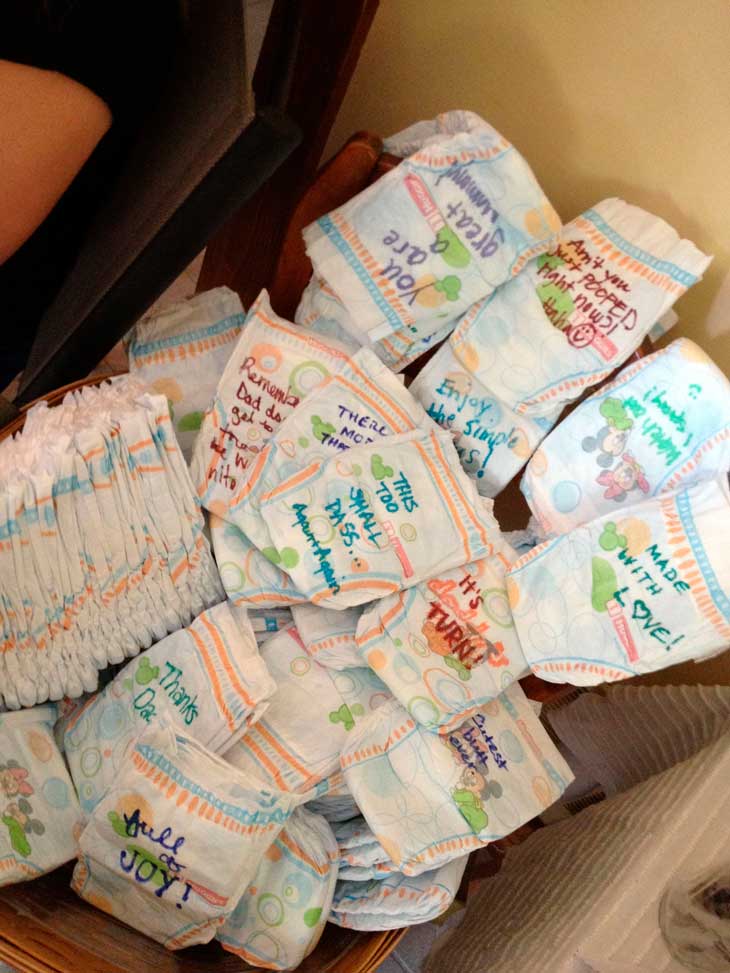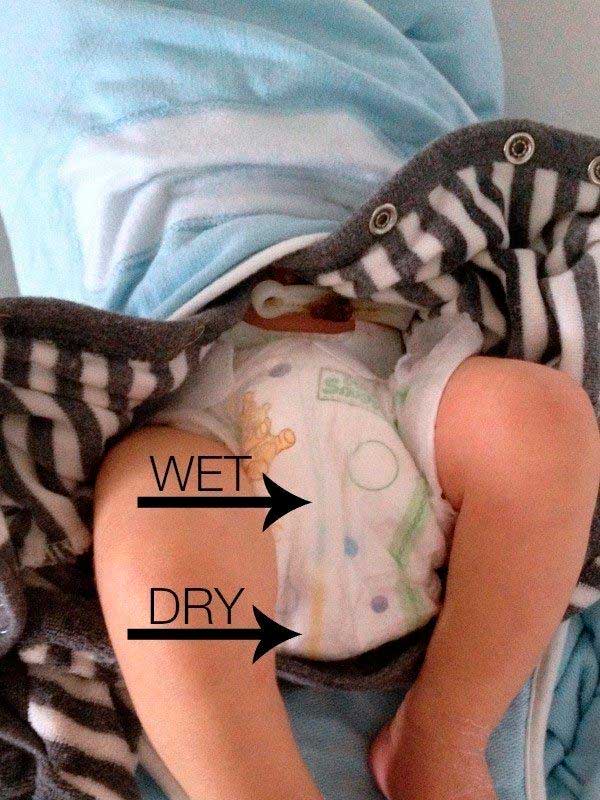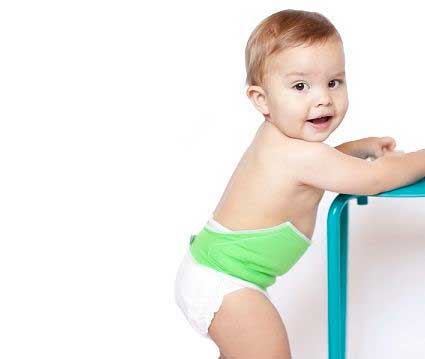Ah, those unbelievable joys of parenthood – the sleepless nights, the midnight feedings of crying children, and, of course, the periodic diaper dilemma.
Can you relate to this? If you're a new parent, you've most likely encountered the frustrating problem of your baby peeing through their diaper at night. In fact, it's a common issue that can leave both you and your child feeling a bit soggy.
But fret not, dear parents, for we have gathered a wealth of suggestions, strategies, and product recommendations to help you combat this soggy situation and ensure sweet dreams throughout the night.
The midnight mystery: why do babies pee through diapers?

Talking about the phenomenon of babies peeing through diapers at night, it's a relatively common concern. Babies are equipped with small bladders, and they tend to urinate frequently, especially in those early months when their diet consists primarily of liquids.
This is totally okay. Such behavior is completely natural for them. So, you have a combination of tiny bladders and liquid diets – a recipe for soaked diapers.
However, take heart, your little one is on a path toward better bladder control. As they mature and grow, they gain the ability to hold their pee for longer periods.
This means fewer midnight diaper changes as they require fewer diapers throughout the night. In fact, by around eighteen months, most babies sleep soundly through the night without needing a diaper change.
Nevertheless, we understand the frustration of waking up to wet diapers and soggy crib sheets. Several factors can contribute to your baby peeing through their diaper at night, including:
A) Liquid intake
If your baby consumes too many liquids before bedtime, it increases the chances of nighttime leaks.
B) Bladder control: Babies may not yet have full control over their bladders, leading to unexpected leaks.
C) Diaper fit
Ill-fitting diapers can lead to leaks and discomfort for your baby.
D) Teething
Teething can lead to increased thirst and urination, potentially causing more nighttime wetness.
E) Health issues
In some cases, urinary tract problems or infections can result in increased nighttime urination.
The downside of soaked diapers

It's not just about the inconvenience. It can have adverse effects on your baby's comfort and health. Here are some examples:
A) Discomfort for the child
Moisture, even in small amounts, can irritate your baby's sensitive skin, leading to discomfort, chafing, rashes, etc.
B) Urinary tract infections
Prolonged exposure to wet diapers can increase the risk of urinary tract infections in babies.
C) Allergic reactions
Some disposable diapers contain chemicals like sodium polyacrylate, which can cause severe allergic reactions in children, making diaper leaks a health concern.
D) Diaper rashes
A buildup of moisture and skin bacteria can result in diaper rashes, causing itching and discomfort for your baby.
So, how to prevent your baby from peeing through their diaper at night and keep those nighttime troubles at bay? Let's explore practical solutions:
1.Embrace cloth diapers
Consider switching to overnight cloth diapers. Cloth diapers offer superior absorbency and can be customized to your baby's needs.
They are adjustable and can be made more absorbent with additional inserts. Different folding techniques can distribute absorbency where it's most needed.
2.Use diaper liners
Diaper liners provide an additional layer of protection against leaks. Whether disposable or cloth, liners help contain messes and keep your baby's skin dry to reduce the risk of rashes.
3.Try different diaper brands
Remember that babies are unique. Experiment with various diaper brands as some offer better leak protection than others. Pay attention to the diaper material; materials like bamboo, viscose, hemp, and cotton offer high absorbency and are excellent choices for overnight use.
4.Select the right size diaper
Choose diapers appropriate for your baby's age and weight. Newborns may need extra absorbency, while toddlers require snug-fitting options.
5.Add extra padding
Boost your diaper's absorbency by adding extra padding. Consider using overnight diaper inserts or layering two different types of inserts for maximum protection. Ensure the inserts fit snugly inside the diaper to prevent shifting during sleep.
6.Manage your baby's diet
Changes in your baby's diet can affect their bowel movements and urine production. If your baby consumes excessive liquids or high-fiber foods, it may lead to more frequent leaks. Adjust their diet as needed and consult with your pediatrician for advice.
7.Change diapers more frequently
For those using disposable diapers, changing them more often can prevent nighttime leaks. While babies older than six months can go longer between changes, it's essential to stay vigilant and keep them dry.
8.Maintain a consistent routine

Stick to your baby's bedtime routine and avoid feeding them right before bed, as this can contribute to nighttime urination. Consistency can help regulate their sleep patterns.
Remember, patience is key when implementing these solutions, as each baby is unique. It may take some trial and error to find the right approach. So, don't be too hard on your precious child, and don't blame them for occasional accidents.
If your baby continues to experience frequent nighttime leaks despite your efforts, it's advised to consult your pediatrician to rule out any underlying medical issues. In the event of a diaper leak overnight, stay calm and follow these steps:
- Don't panic; it's a natural part of your baby's growth and development.
- Change your baby as soon as you notice the wetness to prevent discomfort.
- Consider using a reliable overnight cloth diaper pail to contain odors effectively.
- Protect your crib mattress with a thick towel or absorbent pads to keep everything clean.
Conclusion
In conclusion, nighttime diaper leaks are a challenge many parents face. Don't be disheartened, as with the right strategies and some patience, you can reduce the frequency of your baby peeing through their diapers at night.

